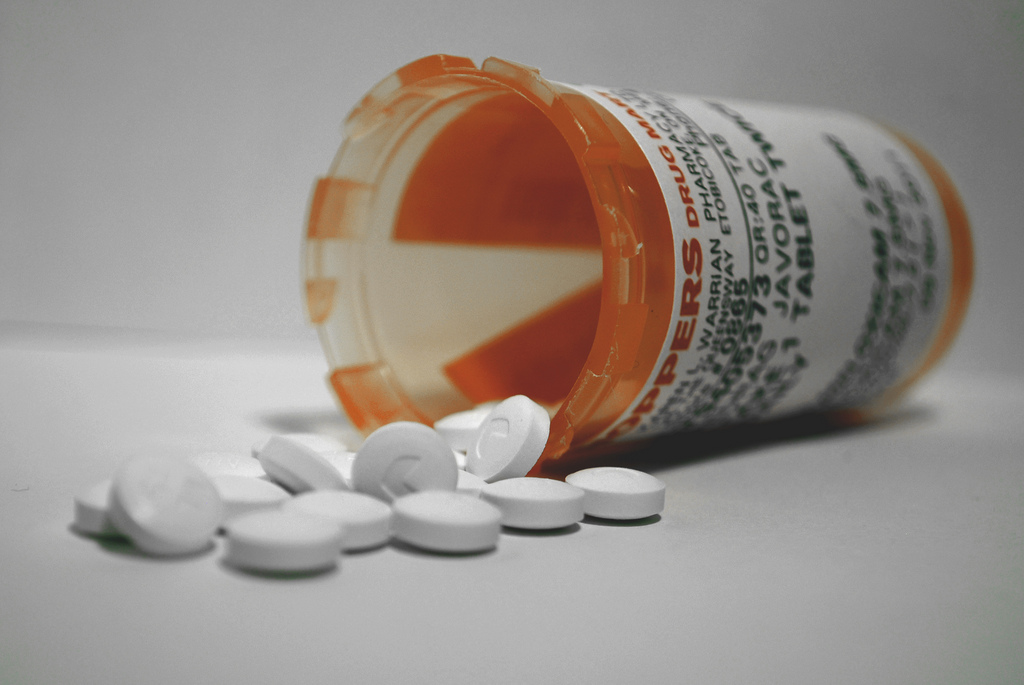Plenty of factors come into play when considering fault and cause of driving accidents, with impaired driving being at the top of the list for most common causes. Distracted driving due to phone use has increased in the past ten years at a rapid pace. Among the many risk factors, mixing prescription drugs and other powerful medications while driving should not be ignored.
It is easy to ignore a drug label, or decline counseling from the pharmacist when picking up a prescription; however, for your safety and of those around you, it’s very important to understand the side effects and risks of taking any medication. It’s especially important to know how the medication can affect your ability to drive and perform routine daily activities.
According to the National Highway Traffic Safety Administration’s (NHTSA) 2007 National Roadside Survey, more than 16 percent of weekend, nighttime drivers tested positive for illegal, prescription, or over-the-counter drugs. Although it’s difficult to determine how many car accidents happen due to prescription or OTC drug usage, a study in 2009 conducted by the NHTSA found that 18 percent of fatally injured car drivers tested positive for at least one illicit, prescription, or OTC medication. This is a five percent increase in just four years.
Mixing Medication Is a Huge Problem
Many times it is not an illegal act that causes someone to take a drug and then drive their vehicle, but rather disregard to the possible side effects that their OTC or prescription medication can have on their bodies. Another important factor is to understand how mixing medications could have adverse reactions with another medication, thereby affecting your body in strange ways. It is important to consult a doctor whenever there is a question about medication and always disclose all other OTC or prescription medications that are currently being taken in order to ensure your safety when taking the medications together.
The most common medication categories that may impair mental function are depressants and stimulants. Some of these medications include sleeping aids, anti-depressants, sedatives, pain medications, some diet medications, ADHD medications, and even allergy medicines such as Benadryl. Because of the commonality of people taking these types of medications, misuse and side effects are generally not taken seriously. The drowsiness related to these types of medications makes it increasingly dangerous to operate heavy machinery as noted on the warning labels, and this includes cars. Driving under the influence of prescription medications or other OTC drugs that can impair driving is as illegal as drinking alcohol or taking illegal drugs before driving. The adverse side effects (such as dizziness, balance, motor skills, perception and drowsiness) are extremely dangerous while driving and can easily cause accidents.
A common misconception is that only alcohol use causes DUI car crashes and fatalities. In reality, drowsiness may be the cause of up to 33 percent of fatal car crashes (CDC, 2013). The increasing amount of adults who take sleeping aids to help with insomnia and other sleep related problems is increasing as well, with four percent of adults reporting that they have taken a sleep aid in the past month.
Elderly individuals are also increasingly being prescribed multiple medications, which can increase their risk of adverse effects. Taking two drugs with the same type of ingredients can increase the effects. If not properly informed, your doctor may NOT be able to prescribe something that doesn’t multiply the side effects.
Be Responsible
Know that actions such as impaired driving can cause tragic consequences for you and possibly others as well. Not only is it illegal and can lead to arrest, but also not understanding the potential side effects of a medication can cause someone to unknowingly put themselves or others in a dangerous situation.
Be Informed
Knowing all of the information available about the medications that a doctor is prescribing, or that are available OTC, is very important to avoiding adverse reactions and staying safe in regards to operating cars or other daily activities.
Know Your Body
Knowing allergies, as well as taking the proper dosages of the medications prescribed or self-administered, is important for safety and health. When in doubt, consult a doctor.
Consult A Professional
Of course it is normal to want to trust a doctor’s opinion of prescriptions for a condition, but to ensure that you are not in danger of adverse side effects, you should talk with your doctor about ALL current medications, both OTC and medications from other doctors. It is very important to tell your doctor about any supplements you are taking as well.
Discuss options for natural supplementation and follow the directions thoroughly when beginning any new supplement. Depending on the condition, I have often found that many medications, both prescription and OTC, may be decreased or eliminated when proper diet, exercise, and correct natural supplementation are used.
Most importantly, it is imperative to remain informed about your health and take an active role to ensure that you remain safe, especially when taking any medications.









